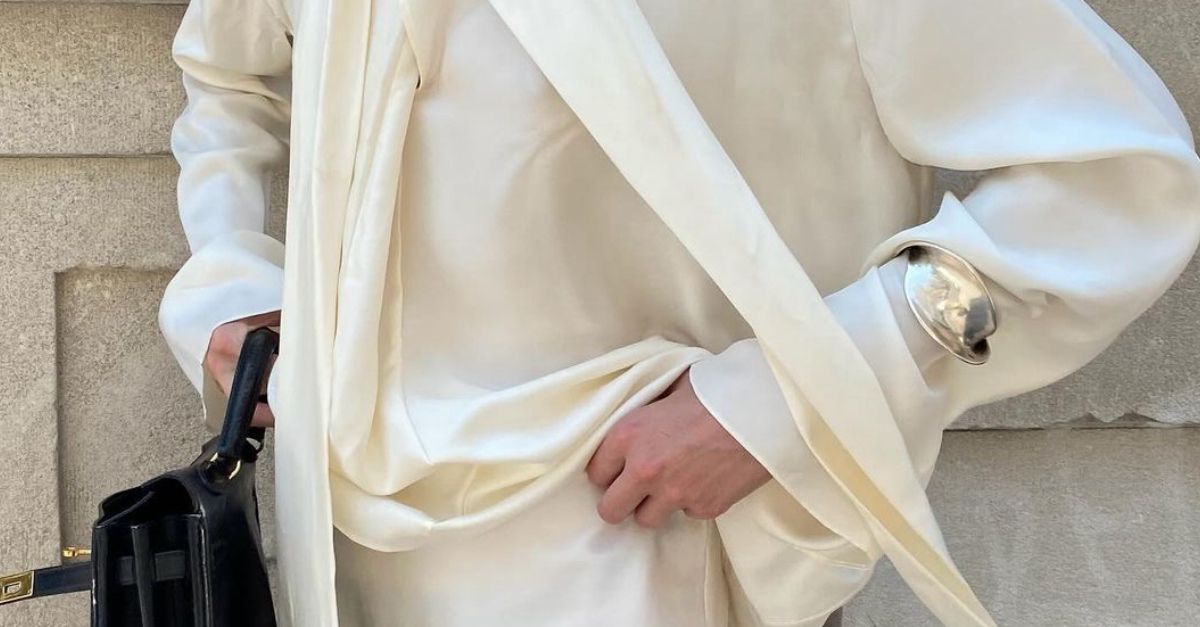More than 30 years after its debut, Batman: The Animated Series remains the gold standard for comic-book cartoon series — not just for Batman himself, but really any superhero. While the original show ceased production in the mid-90s, it spawned continuations, spinoffs, sister shows, expansions, and then a whole DC Animated Universe that borrowed from Batman in ways big and small.
So Batman: Caped Crusader — which has been sold as something of a spiritual sequel (or maybe a spiritual prequel, since it follows a Batman at the start of his career) to Batman: The Animated Series, and was made by some of the same creative team, including artist and animator Bruce Timm — comes not only with huge expectations, but with a lot of competition as well. When Batman debuted on Fox Kids in 1992, it looked like nothing else on children’s television. In 2024, a lot of superhero animation mimics its gritty tone and moody style. Plus the original series is still available on home video and streaming on Max. It seems fair, then, to be a bit skeptical about the whole endeavor. Does the world really need yet another dark Batman cartoon?
“Need” might be a bit strong. But that doesn’t mean Batman: Caped Crusader isn’t a worthy successor anyway. In fact, the first episodes of the new series are as good or better than the strongest installments of the old Animated Series. If you do like the original show, I find it hard to believe you won’t also enjoy the new one.
READ MORE: The 20 Best Animated Superhero Shows Ever Made
While Caped Crusader doesn’t share a continuity or voice cast with The Animated Series, it bears plenty of stylistic similarities — including that distinctive Bruce Timm, art-deco design sense. Its Batman lives in a Gotham City that exists out of time; the televisions are all in black-and-white, yet Batman himself still has his endless array of advanced gadgets and technology. And the series’ characters, costumes, and architecture all fit the show’s retro noir vibes.
Replacing the late, great Kevin Conroy as the Dark Knight is Hamish Linklater, who provides a vocal performance in a similar register: A grim and guttural Batman that serves as an aural disguise for the chipper and cheerful Bruce Wayne. (Or is it the other way around?) Batman himself is reasonably recognizable from the earlier show, and most DC comics of recent years; haunted, determined, and resolutely without humor about his work or his life.
Where Caped Crusader differentiates itself from The Animated Series is in its treatment of the title character’s rogues gallery. An early screening of the series this week at the Alamo Drafthouse included a preview of the season’s first three episodes, each of which presented a distinct take on a classic Batman villain.
The premiere stars a female version of the Penguin (voiced by Minnie Driver); the second offers a twist (rooted in the Golden Age comics) on Clayface; the third includes both a new Catwoman (nicely played by Christina Ricci), reconfigured as more of a kind of dark mirror image of Bruce Wayne, and a first glimpse of psychiatrist Dr. Quinzel — better known to DC fans as Harley Quinn. Lurking in the background of all these episodes is Harvey Dent, who will inevitably become the psychotic Two-Face, but at this point in the series is merely an excessively ambitious (and morally ambiguous) district attorney. (In a fun twist, he’s played by former Batman voice actor Diedrich Bader.)
Of these three episodes, I would say the pilot was perfectly fine, the third was solidly good, and the middle episode (the one involving Clayface) was absolutely outstanding, and certainly on par — both in terms of the writing and the dynamic visuals — with anything produced in the original run of Batman: The Animated Series.
Without spoiling too much of its plot, this particularly stellar episode, “And Be a Villain,” finds Batman in full-on detective mode, investigating the disappearance of a famous movie star with the help of the Gotham City Police Department’s Renee Montoya (Michelle C. Bonilla). Set backstage at a Gotham movie studio, the episode pays homage to Batman’s pulpy inspirations from the Shadow to Robin Hood, and also includes nods to classic horror films like The Pit and the Pendulum — while also showcasing the series’ most striking imagery and sharpest dialogue to date. It’s a perfect 22 minute superhero story — while also clearly setting up larger plot threads (like the contentious relationship between Batman and Montoya) that will continue to play out across future episodes. (This episode’s quality might have something to do with the fact that it was written by longtime comics scribe Greg Rucka.)
Caped Crusader had a long road to television. It was initially announced as a project for HBO Max way back in the spring of 2021, and only got released after Amazon acquired the show from Warner Bros. Discovery. Apparently Prime Video is happy with the series so far; it’s already been renewed for a second season. Watching these three early episodes, it’s easy to see why. If the show is already this good, and Amazon lets Timm and the rest of the creative team not only pay homage to old Batman shows but expand upon their promise with even more mature stories and more dramatic animation, we might someday look at Batman: The Animated Series as the predecessor to Batman: Caped Crusader, and not the other way around.
Every Movie Batman Actor, Ranked From Worst to Best
From Lewis G. Wilson to Robert Pattinson, we ranked them all.





















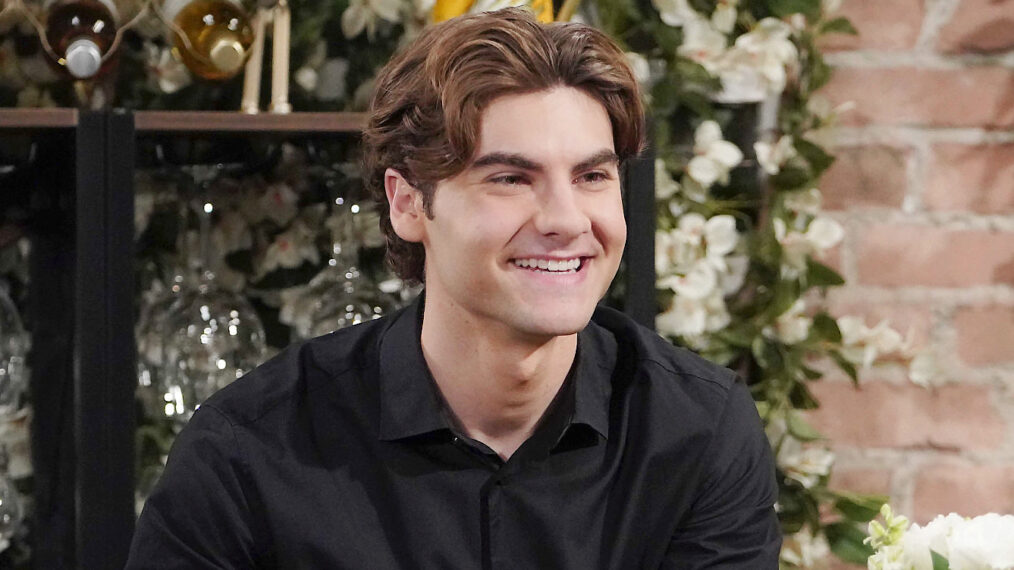


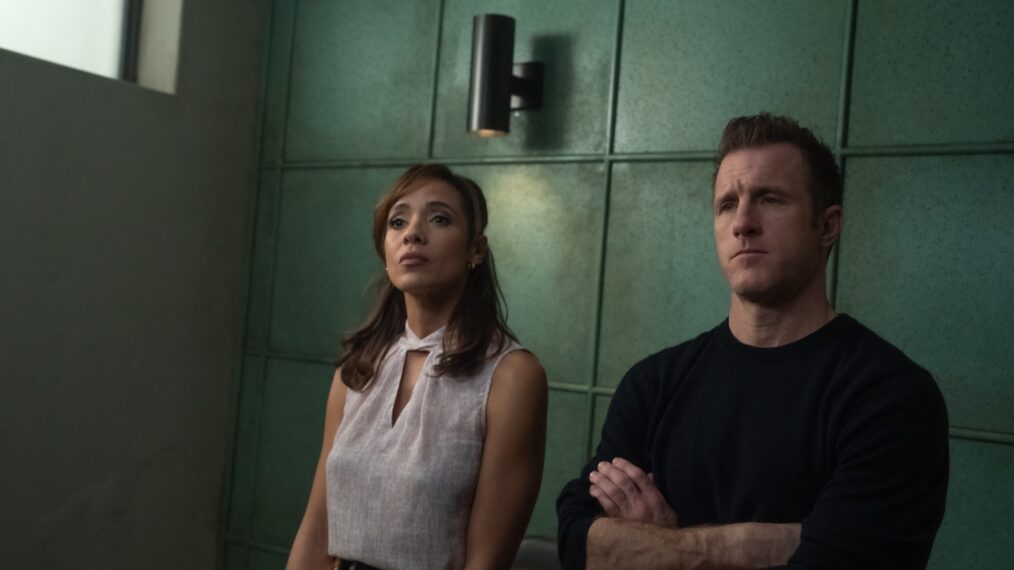











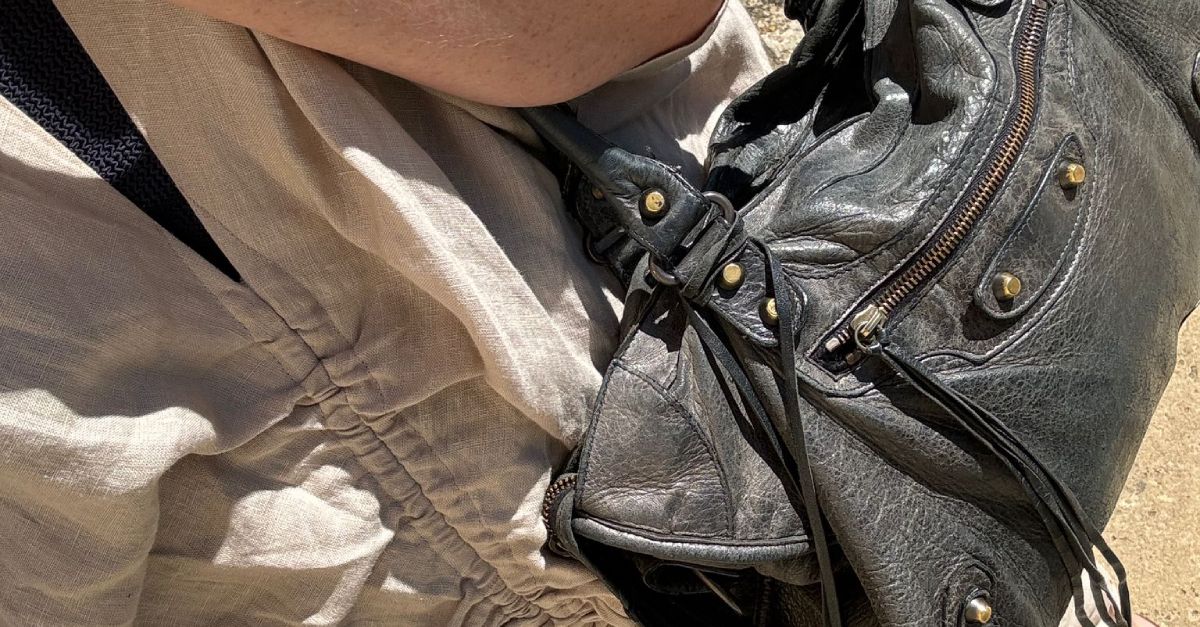

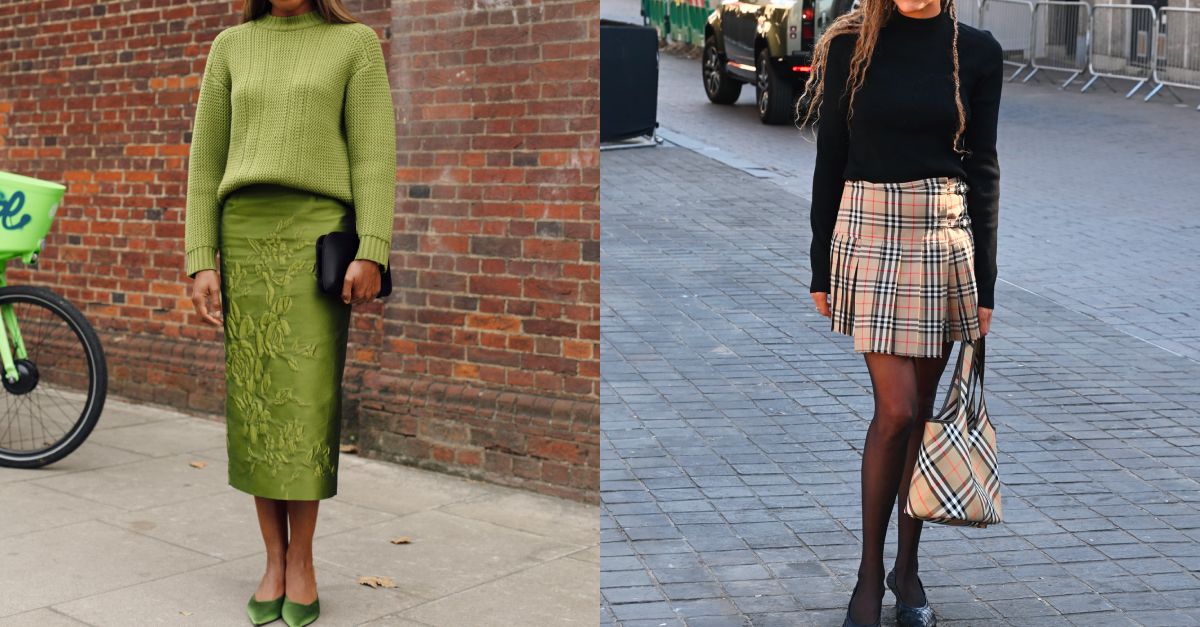


























![Quentin Tarantino’s ‘Death Proof’ Is a High-Octane Slasher Fueled By Fiery Females [The Lady Killers Podcast] Quentin Tarantino’s ‘Death Proof’ Is a High-Octane Slasher Fueled By Fiery Females [The Lady Killers Podcast]](https://i0.wp.com/bloody-disgusting.com/wp-content/uploads/2024/08/the-lady-killers-death-proof.jpeg?resize=1000,600&ssl=1)






![[VIDEO] ‘Hocus Pocus 2’: Watch Full Trailer for Disney Plus Sequel [VIDEO] ‘Hocus Pocus 2’: Watch Full Trailer for Disney Plus Sequel](https://tvline.com/wp-content/uploads/2022/09/hocus-pocus-2-trailer.jpg?w=620)



